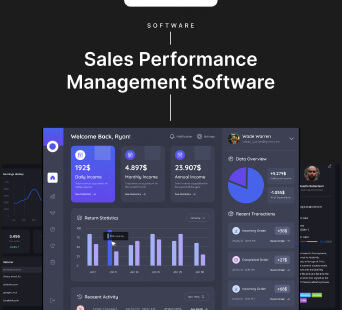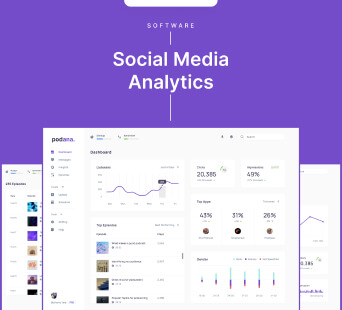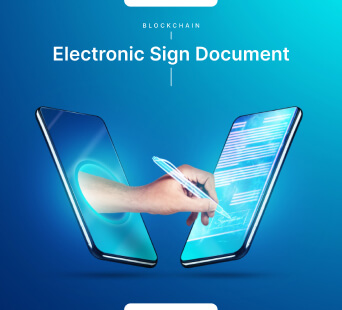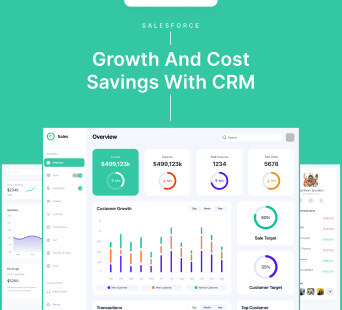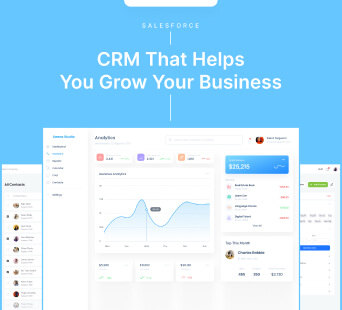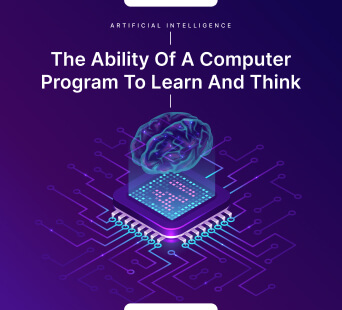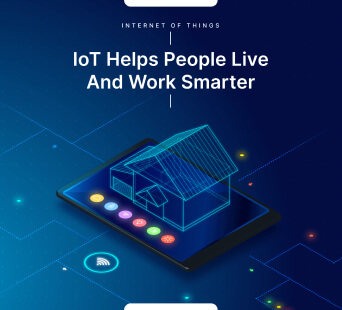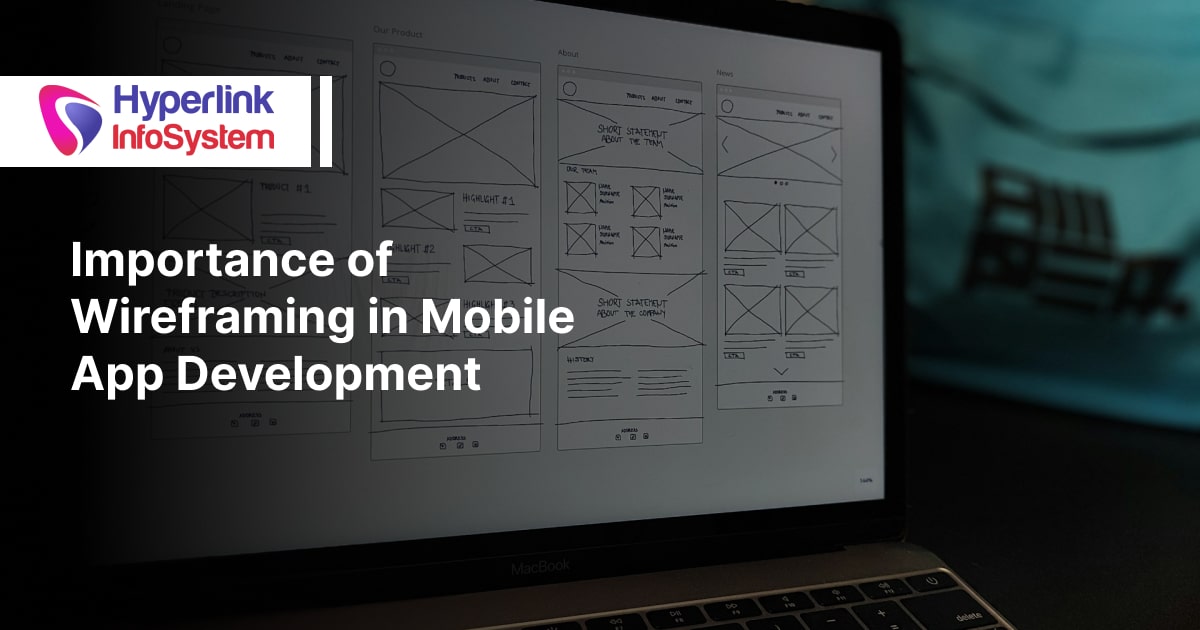What Are The Advantages Of The Blockchain?
You can get the following advantages in your projects when you contact Hyperlink InfoSystem blockchain developers in the UK:
Decentralization
The fundamental property of decentralization offers a clear advantage. There is no central person responsible for the network; all participants have equal rights. The database is distributed so that every participant always has a synchronized, current version of the data.
The distributed database must not be confused with distributed systems such as which is designed for the parallel processing of gigantic data sets.
Tamper-Proof
Due to secure encryption methods, another great advantage is security against manipulation. There are separate validation and authorization mechanisms across the entire network. Forgery-proof mathematical processes make the data in the blockchain reliable and trustworthy.
There is also only one single source of truth. Every unauthorized change in the network is disclosed directly so that you can be sure that it is correct. In any case, the blockchain data can be classified as high quality: it is complete, consistent, timely, accurate, and always available.
Resilience
The decentralized data storage with innumerable replications leads to massive failure. A single source on which the data is located represents a so-called "single point of failure". This data source's failure automatically means that no data queries are possible until the error has been rectified.
Cyber attackers can cause such failures willfully. If the provider goes bankrupt or in the event of a natural disaster, there is even a risk that the data will be permanently lost. Redundant storage for all nodes of the network protects against failures and data loss.
Direct Transactions
The blockchain enables direct transactions between the participants without the need for a third party to intervene. These "middlemen," such as banks or notaries, are no longer necessary.
This technology is extremely attractive, particularly in regions where the infrastructure is not yet developed, or there is a lot of corruption. The participants can rely on tamper-proof transactions.
Avoiding these middlemen and doing business without detours also reduces the costs that this intermediary often charges. Besides, direct transaction is usually much faster.
Optimized Business Process
Business processes can be optimized in IT, finance, administration, and many areas of the company: Faster processes and higher quality at lower costs are definitely possible. The blockchain enables easy tracking in logistics and production processes. Weak points in supply chains are automatically revealed.
Cross-company data analyzes can be conducted using this technology. This gives those responsible in the company more precise insights into the market situation and enables them to make better decisions.
Possible Application Examples For Blockchain Technology In Practice
The advantages mentioned make it clear that a blockchain can be used in many business models. The technology can help overcome existing challenges and reduce costs within-individual processes.
1. Blockchain Technology In The Context of International Financial Transactions
One of the best-known examples of the use of a blockchain is financial transactions. Above all, the cryptocurrencies mentioned at the beginning illustrate how technology can be used in the financial world. In the course of a blockchain, individual transactions are verified and distributed to the so-called nodes. This results in a high level of data consistency and an exceptionally high level of transparency. These properties are the basis for banking transactions. Encryption - this is done using a hash function - secures the data and protects it from manipulation.
This principle opens up interesting application possibilities for international payments. Since verification takes place within the network, intermediaries can be excluded, and transaction costs are reduced. The lack of intermediaries also ensures a higher transaction speed.
2. The Use of a Blockchain in Healthcare
In the healthcare sector, too, it has been shown that the blockchain can certainly offer advantages. A blockchain can be configured so that only selected users have access to the stored data. Nevertheless, the data can be stored in the distributed network so that the sensitive data can be stored here. In particular, personal documents such as patient files, medical reports, and the course of illness can be saved on a blockchain. Access to this data is only granted to selected users who have previously been activated by the data owner.
3. Blockchains For Identity Management
Verifying a person's identity is a challenge in selected business areas. With the help of blockchain technology, however, people's identities can be identified more securely and more quickly than before. The basis for this is extensive databases that enable identification and verification. Above all, existing identification documents - driver's licenses, passports, and ID cards - could thus be digitally implemented securely. A manipulation would also be almost impossible. Loss of data would also be prevented because the data is stored decentrally.
4. Avoiding Money Laundering
To date, money laundering is a major problem. The blockchain can be used to eliminate this problem by transparently storing all concluded contracts on a blockchain. Through recordings, the individual transactions can also be assigned to the respective participants, and thus money laundering can be avoided.
5. Processing of Insurance Via The Blockchain
Modern blockchains, in particular, offer the possibility of developing smart contracts. These are intelligent scripts that automatically initiate transactions on the blockchain. This option provides a great added value for insurance companies, as the processing of claims or insurance benefits can be addressed in an automated and secure manner.









